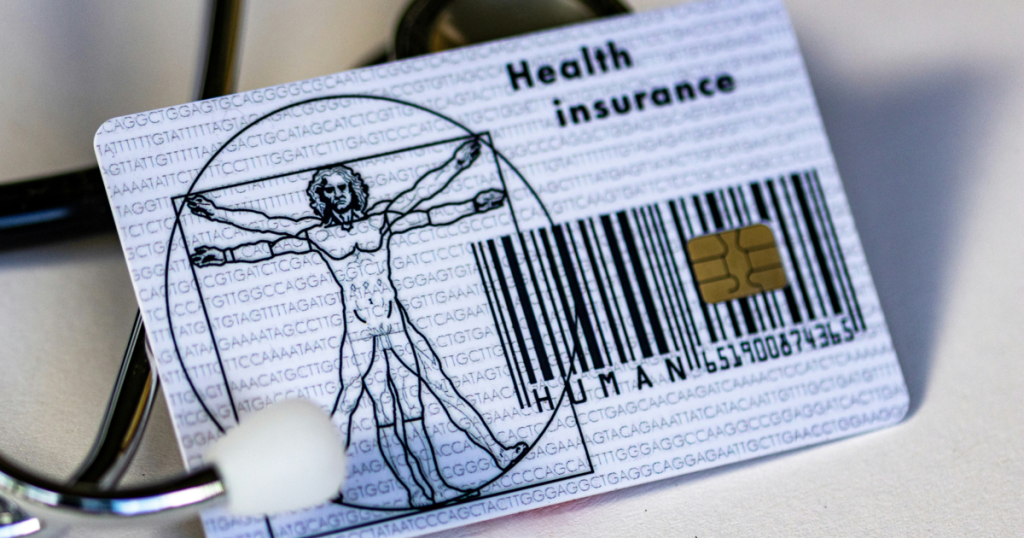(The Center Square) – The commonwealth’s healthcare agencies are taking advantage of May as Women’s Health month to survey women about their understanding of their health insurance coverage.
The survey asks questions about their knowledge of what benefits are available to women at no cost under all insurance plans, whether they’ve accessed them, how they’ve learned about them, and what obstacles they’ve encountered.
Services like pre- and postnatal maternal care, mental health screenings, contraception, cancer screenings and screenings and treatment for sexually transmitted infections are all part of routine care, most of which is covered without cost to the patient under the Affordable Care Act.
“It’s important that every woman in Pennsylvania understands their health insurance coverage and is able to access the care they need without unnecessary barriers,” said Pennsylvania Insurance Commissioner Michael Humphreys. “We want to better understand the barriers to care so we can help ensure women take full advantage of the services they’ve paid their insurers to cover.”
His agency is joined by the Department of Health, Department of Human Services, and the Department of Drug and Alcohol programs in its efforts. To reach the widest audience, the survey will be available through July 7th and is offered in English, Spanish, and Chinese.
The state has several initiatives intended to fill the gap for uninsured and underinsured women for whom access to screenings like mammograms can be life saving. The Pennsylvania Breast and Cervical Cancer Early Detection Program offers free screenings, while a bill recently passed the house that would require insurance to cover follow-up imaging after breast abnormalities are detected.
Expanded Medicaid coverage is another angle at which the state has approached women’s health, specifically adding doulas to its coverage and widening the window of time postpartum care is covered from six weeks to a full year.
The majority of pregnancy associated deaths fall into this time period, with the primary cause being mental health conditions, according to a 2024 Department of Health report.
“We know that those first weeks and months with your child are a beautiful, transformative time, but they can also be physically and mentally difficult and, at times, overwhelming,” said Sally Kozak, DHS Deputy Secretary for the Office of Medical Assistance Programs. “So maintaining access to health care is critical to help give parents peace of mind so they can care for themselves and be there for their babies.”
Maternal mortality trends among Black women and women struggling with substance use disorder have led to targeted efforts in both the executive and legislative branches.
“Specifically, DDAP understands the impact of substance use disorders on pregnant and postpartum women and invests in programs that are designed to make sure this priority population not only survives before, during and after a pregnancy – but thrives,” said DDAP Deputy Secretary Kelly Primus.


